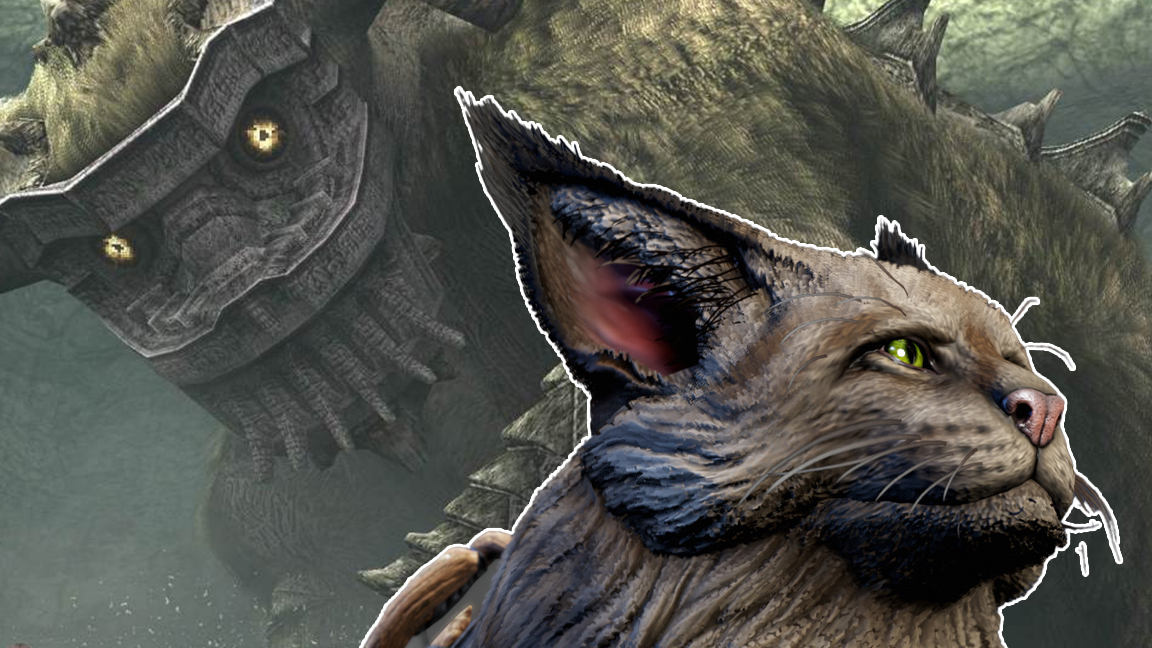
Recently I spoke with the art director behind Guild Wars 2 to discover how this timeless classic approaches game art and design. A further chat with the game's character lead uncovered in an interested art hack that dates back to PlayStation's Shadow of the Colossus.
When the Guild Wars 2 team at ArenaNet faced a technical challenge while creating a new armour set covered in thick, fluffy fur, they didn't look to the latest tech for solutions.
Instead, the art team turned back the clock nearly two decades to the PlayStation 2 classic Shadow of the Colossus (featuring one of the best designs in video games). This game became an unlikely blueprint for solving a modern character design problem, but I love that Sony's classic is still inspiring devs and artists decades later.
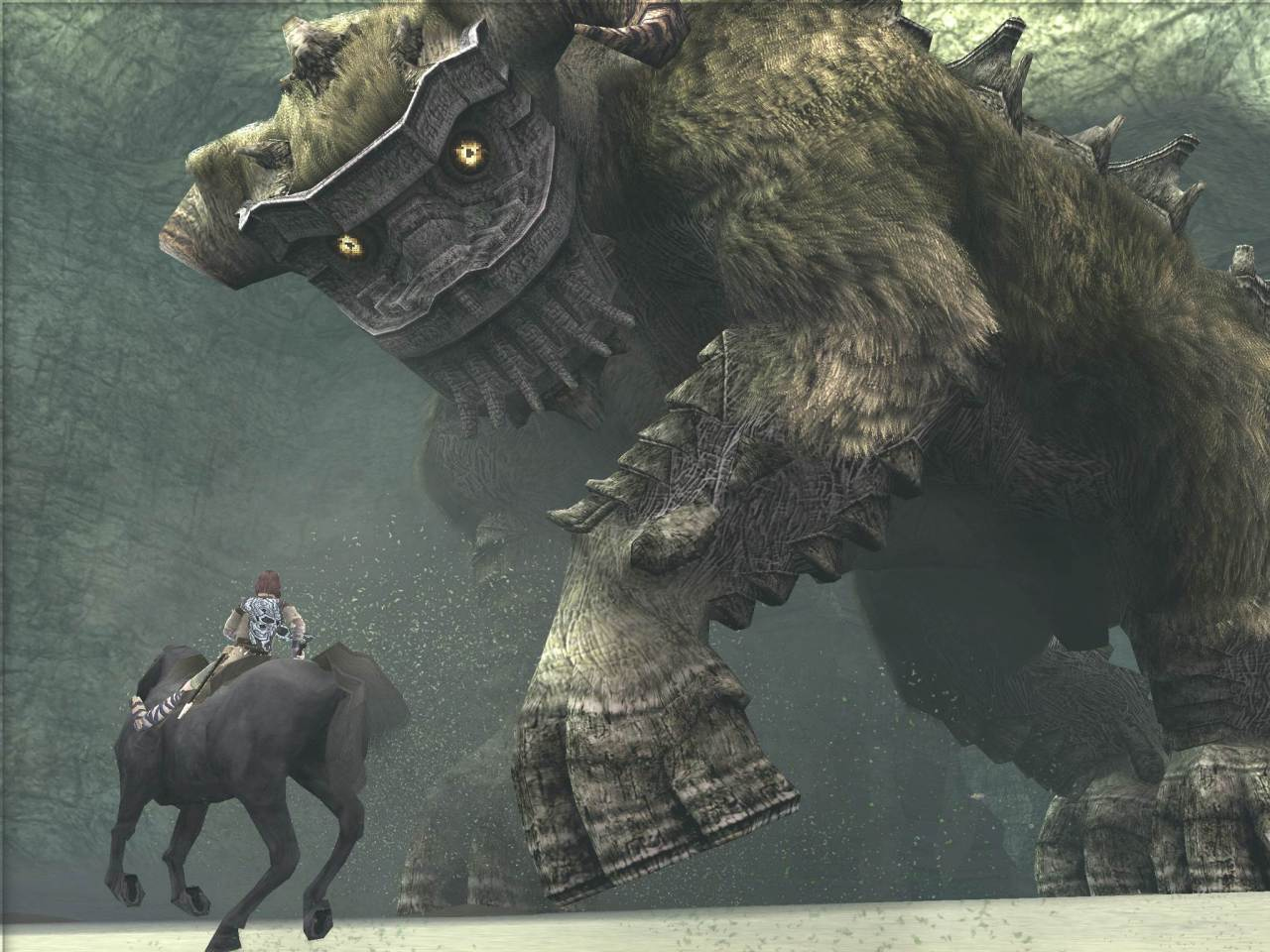
It's what ArenaNet character lead Adam Hogseth refers to as "looking back to inform looking forward", and appears to be a mantra for a team that has been working on Guild Wars 2 for over a decade, without the kind of tools many modern game artists have access too (Guild Wars 2 is one of the world's most popular MMORPGs and as such comes with many unique technical hurdles.)
"We had an armour set in concept that had a lot of fur to it," begins Adam. "So we were trying to, in the ideation phase, think of ways to pull that off without using an excess amount of fur cards or trying to use something brand new."
And you don't need to play one of the best retro consoles to get the look, you can download Guild Wars 2 and see it for yourself.
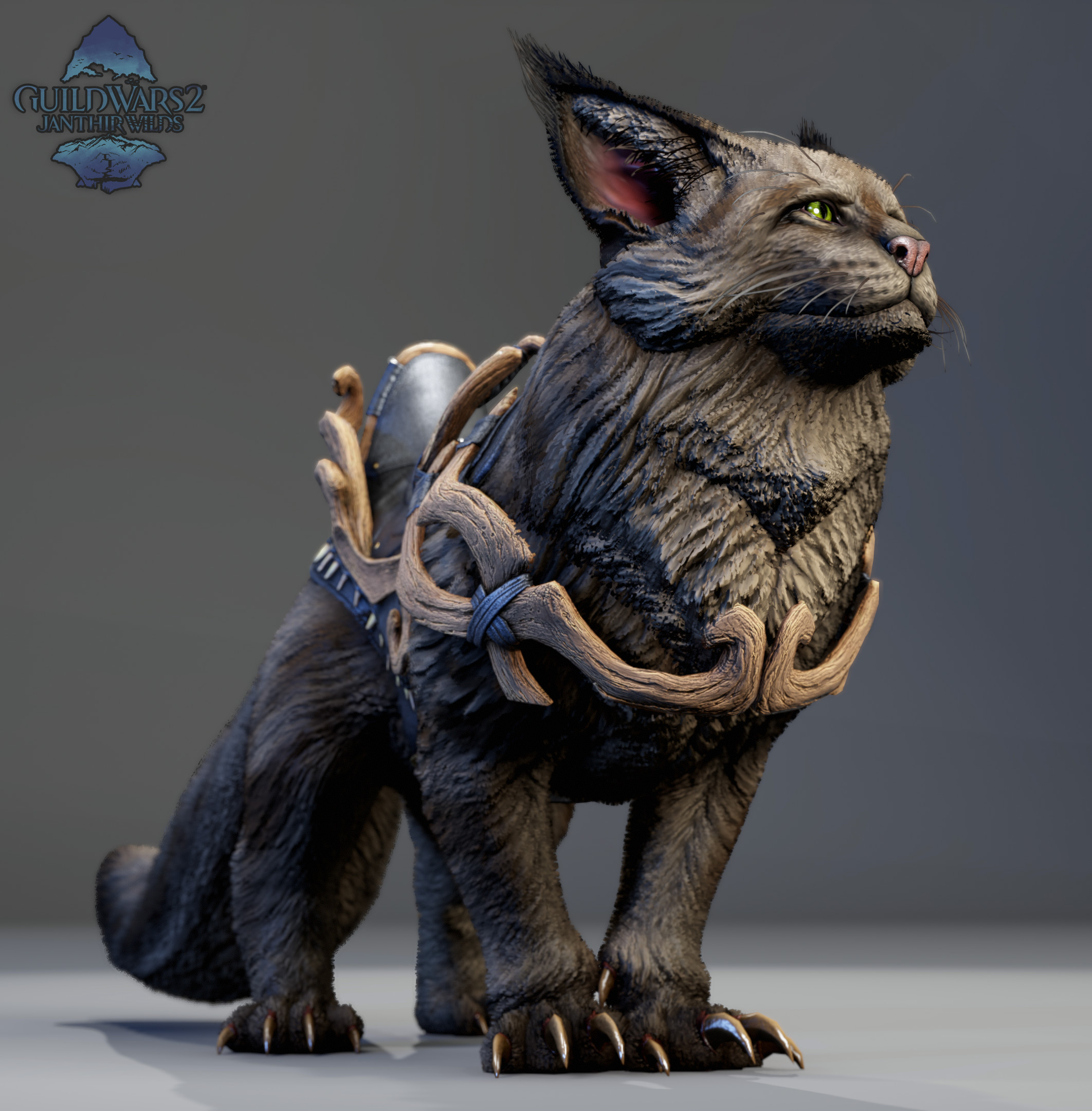
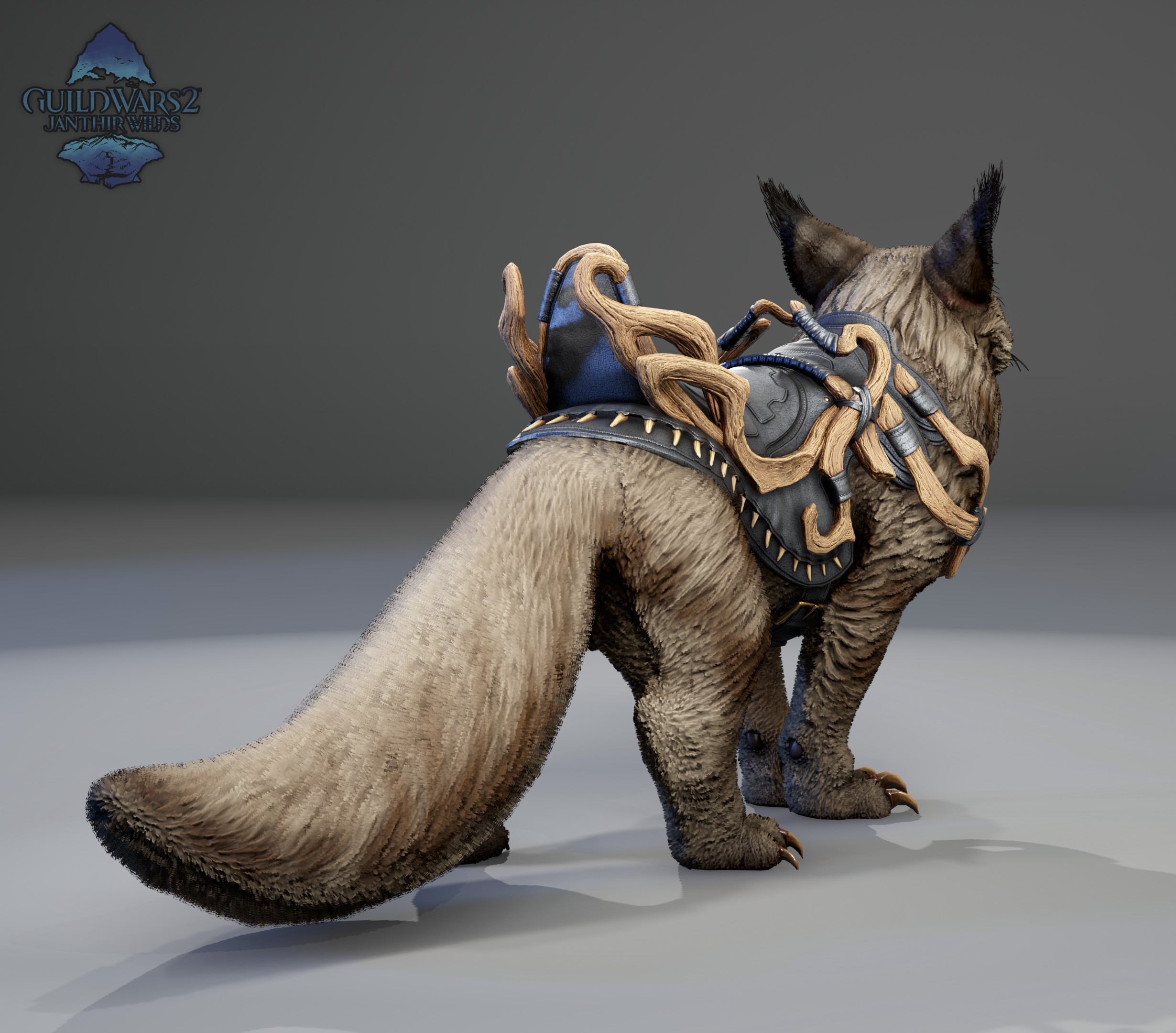
Fur has always been a technical challenge in real-time graphics, especially in an MMORPG like Guild Wars 2, where performance is a constant concern. Fully modelled or dynamically simulated fur requires considerable processing power. While modern engines offer spline-based fur simulations, Guild Wars 2’s older engine has limitations. So Adam and the team needed to get creative.
"One of the inspirations was Shadow of the Colossus," reveals Adam, particularly "how they have a layered, shelf approach to make the Colossi have this nice thick fur all over their bodies".
Adam explains, "I found a blog where another artist had broken down the steps of creating that technique, and so we just kind of ran through that internally".
The technique, detailed in a 2012 blog post by artist Froyok, involves using a combination of polygonal “fur shells” and alpha transparency to simulate depth and volume. Instead of using countless individual fur strands or cards, this approach builds layers of transparent geometry that give the illusion of tufts and movement. It's a smart workaround for limited hardware and something the Guild Wars 2 team embraced.
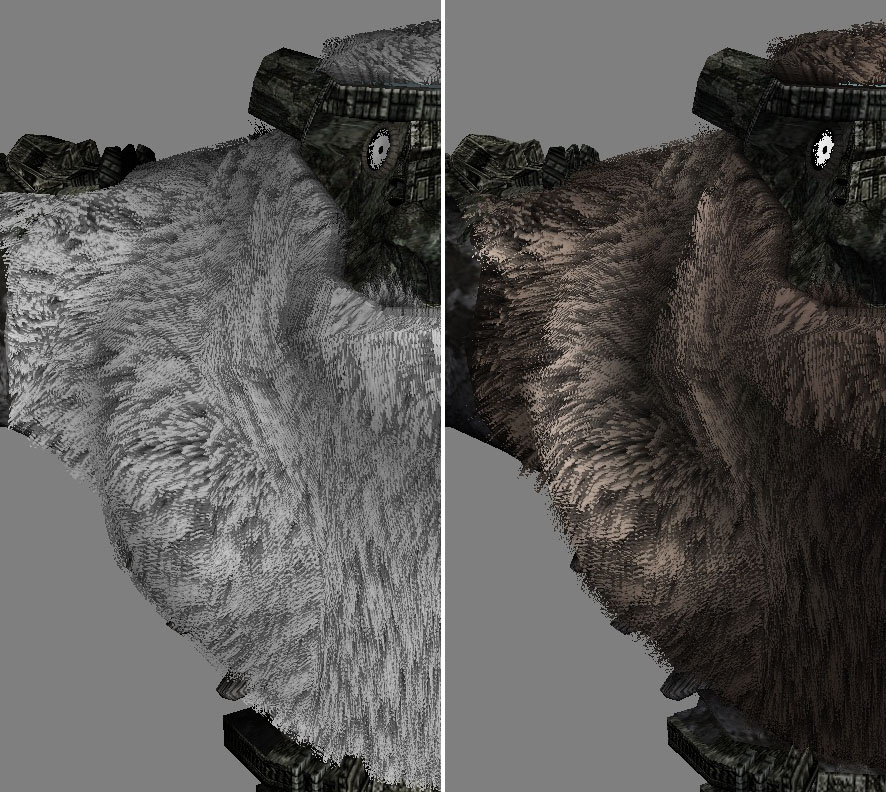
After creating a new material based on the technique, the Adam and the ArenaNet team began experimenting. "We actually ended up using it for an armour to give some nice big fluffy fur on various parts."
Alex Gomez-Tyler used this same approach when designing the game's creature models in the game to give them a nice furry, fluffy body.
The result was not only a more visually striking appearance but also a new efficient workflow, inspired by a solution designed in one PlayStation's most iconic retro games.
"This was done in a way that was so much more simple for us to create than using a bunch of small fur cards placed all over the body," reflects Adam.
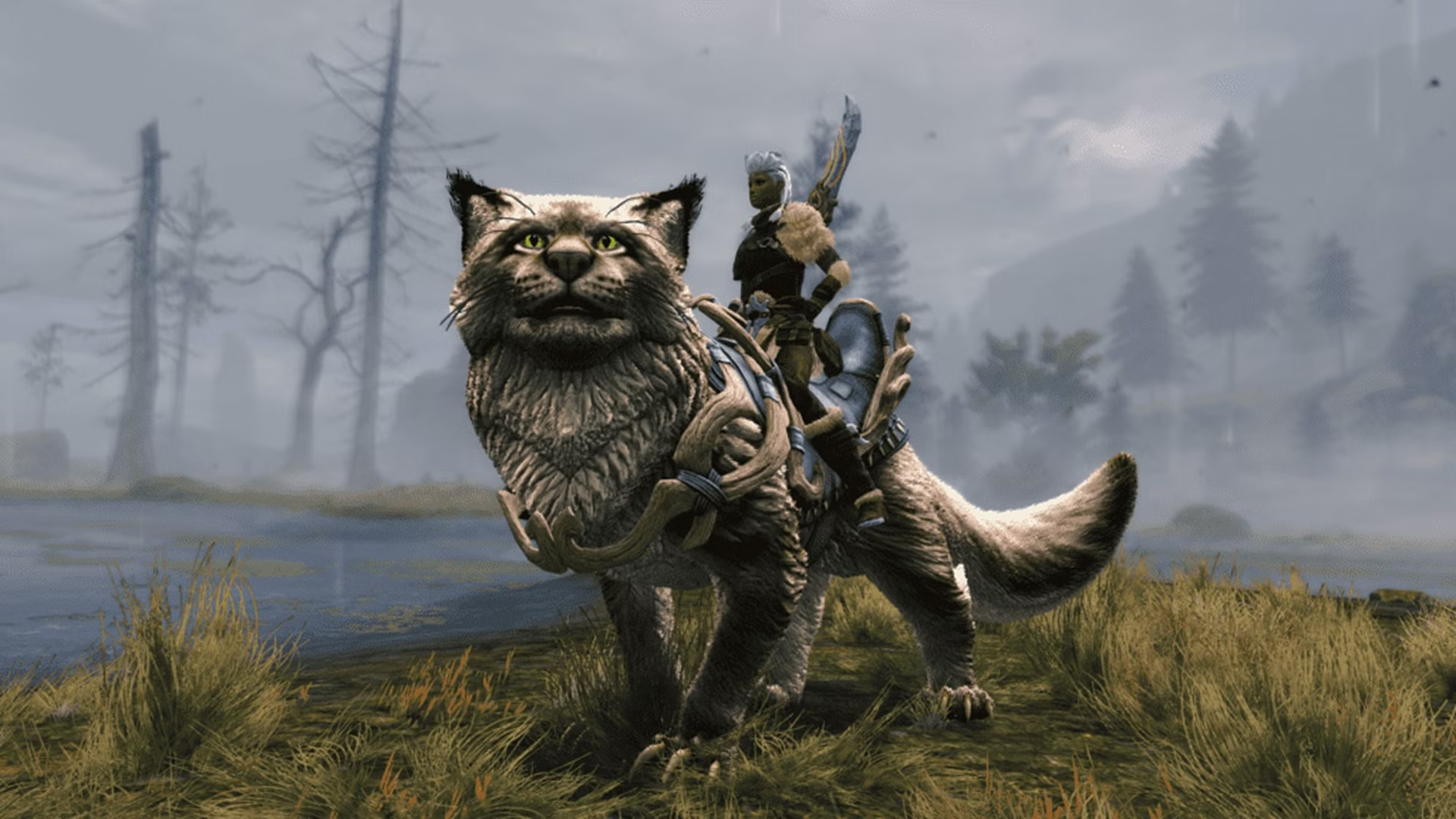
What began as a workaround quickly became a standard in the team's toolkit. "It was just a fun thought experiment, and one that worked out successfully. We’ve used it for a number of armours and outfits and creatures now," he says.
The technical limitations of Guild Wars 2 sparked a moment of creativity, leading the team to a visually satisfying and performance-friendly solution that pays homage to a timeless classic. It shows how you don't need leading-edge tech but sometimes a good eye for design and a clever approach can make all the difference.
"It’s a nice balance between realism and stylisation,” notes Adam. “Even 12 years later, it still looks beautiful."
Inspired by the teams work? Then catch up on the best 3D modelling software and best drawing tablets to start creating. For more artistry, read our list of the best 3D art.







